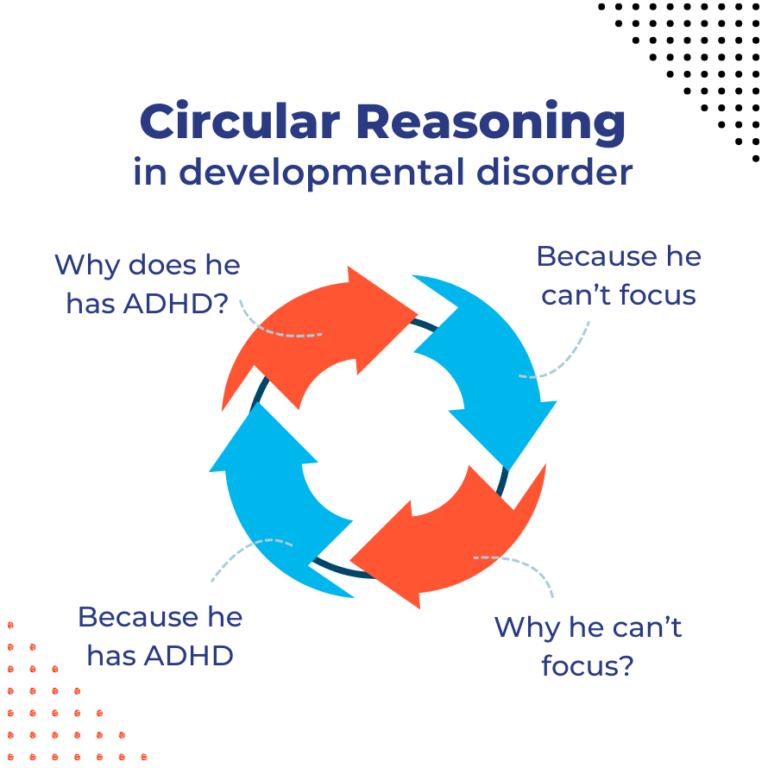Research shows that 3 factors pose Children with Autism at elevated risk of nutritional imbalances:
- Food selectivity. Over 90% of children with Autism present food aversion and food selectivity that reduce the variety of food in the child diet.
- Restriction diets. A substantial percentage of children are provided with restrictive diets, such as Gluten-free and casein-free and Ketogenic diet), that may contribute to further reduce the variety of food consumed by the child.
- Supplementation. About 50% of children with a diagnosis of Autism receive supplementation, intended to compensate for poor nutrition or as a therapeutic intervention for alleged, but still unproven, special nutritional requirements of children with Autism.
The joint effect of these 3 factors may contribute to nutritional imbalances that may worse autistic symptoms. Both deficiency and excess of micronutrients (such as vitamins, minerals, and fatty acids) have been detected by researchers in children with Autism.
On one side both diets and food selectivity cause restricted and repetitive eating of only few foods, which result in insufficient intake of some micronutrients and excessive intake of others. On the other side, supplementation based on inaccurate evaluation of the child intake or on the naïve idea that “the more, the better” may exacerbate the nutritional imbalance, failing to address nutritional deficiencies and providing excessive amount of some micronutrients.
Research shows that a significant percentage of children with Autism receiving supplementation exceed the upper limit for safe intake level for vitamin A, folic acid, and zinc, but continue to have deficient intakes of calcium, and vitamin D.
While most people are aware, and rightly concerned, of the harm caused by nutritional deficiencies, only few seems to realize the risk of excessive intake of micronutrients.
Irritability, confusion, dizziness, nausea, fatigue, loss of appetite, headaches, abdominal cramps, sleep disorders, permanent nerve damage are just some of the symptoms associated with doses of micronutrients above the recommended levels. These symptoms may remain undetected in many children with Autism unable to report them due to limited language. Even worse, they may be erroneously attributed by parents to yet unmet nutritional needs, leading parents into more restricted diets and higher doses of supplements.
These findings are sadly common in our clinical practice, where it is not exceptional to meet children with extremely limited diets consuming several multivitamin/mineral supplements with no or inadequate medical supervision. Advices on supplements and diets for Autism abound on the internet and some parents seem to think that vitamins and healthy food cannot cause harm. Nutritional imbalances are slow to develop and some of their symptoms may be initially seen as improvement, reinforcing parents’ belief in their efficacy. We reported on these pages how parents may misinterpret lower activity level due to insufficient food intake as lower hyperactivity.
Over time, as symptoms worsen, the dissatisfaction for the results may drive parents to escalate restrictions and supplementation. In our clinic, we saw a case of a child taking 19 (!) different multivitamin/mineral supplements, an estimation revealed intake above the safety level for Vitamin B6, C, Folic Acid and Selenium. Some of these values were more than 200% the upper safety level and over 10 times the daily recommended dose. It was tragic to learn that parents had reached these doses in the attempt to treat those very symptoms that excess supplementation was causing. Surely, this is an extreme case, nevertheless indicative of a real threat to children’s health.
References
Booms, S., Hill, E., Kulhanek, L., Vredeveld, J., & Gregg, B. (2016). Iodine Deficiency and Hypothyroidism From Voluntary Diet Restrictions in the US: Case Reports. PEDIATRICS, 137(6).
Burkhart, A., The Danger Of Vitamin Toxicity On A Gluten-Free Diet. (2104). Amy Burkhart Website.
Folic Acid, WebMD Website.
Peretti, S., Mariano, M., Mazzocchetti, C., Mazza, M., Pino, M. C., Verrotti Di Pianella, A., & Valenti, M. (2018). Diet: the keystone of autism spectrum disorder? Nutritional Neuroscience, 1–15.
Stewart, P. A., Hyman, S. L., Schmidt, B. L., Macklin, E. A., Reynolds, A., Johnson, C. R., … Manning-Courtney, P. (2015). Dietary Supplementation in Children with Autism Spectrum Disorders: Common, Insufficient, and Excessive. Journal of the Academy of Nutrition and Dietetics, 115(8), 1237–1248.
Zinc, Fact Sheet for Consumers, Website of U.S. Department of Health & Human Services.





